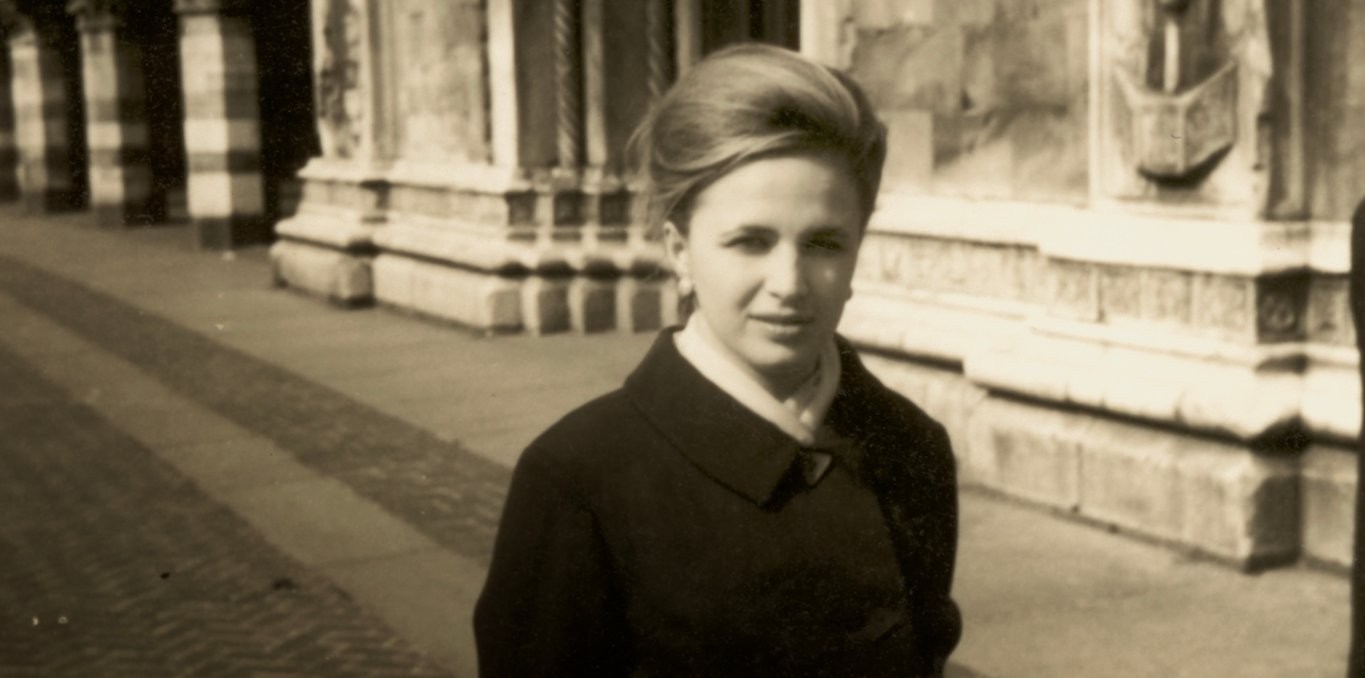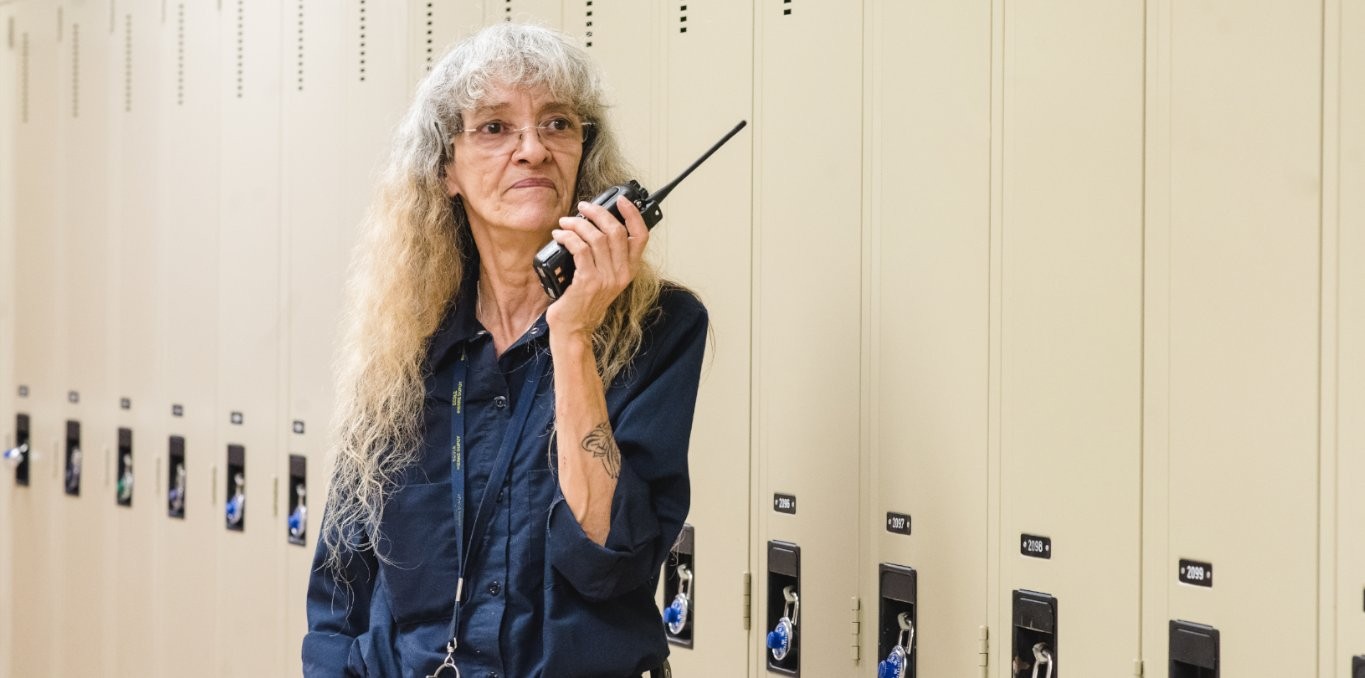Québec Contemporary Cinema

Quebec has always had a privileged relationship with documentary cinema, a tremendous melting pot of its artistic, social and political modernity. Nearly 60 years after the birth of direct cinema, juggling continuity and inventiveness, the local filmmakers are still pursuing a rich dialogue with their society. Here, you will find an anthology of contemporary films made by notorious documentary filmmakers or belonging to a new generation. Through a bright diversity of styles and viewpoints, these filmmakers all share a boundless creativity and an uninhibited freedom that question, challenge, reconcile and help to better understand today’s Quebec and the rest of the world
Visual identity created by Moïa Jobin-Paré
The THROUGH OUR LENS page lists all the Quebec films available on Tënk. It allows you to dive into an exploration of Quebec documentary cinema and discover an anthology of films made by both renowned and emerging documentary filmmakers. Through a dazzling diversity of forms and perspectives, these filmmakers have in common an overflowing creativity and an uninhibited freedom that questions, confronts, reconciles and helps us better understand Quebec and the world.
To perform a more detailed search on Quebec films, use our search engine !
Also discover fascinating interviews with local filmmakers in our Fragments section :

A project made possible by the financial support of
565 products
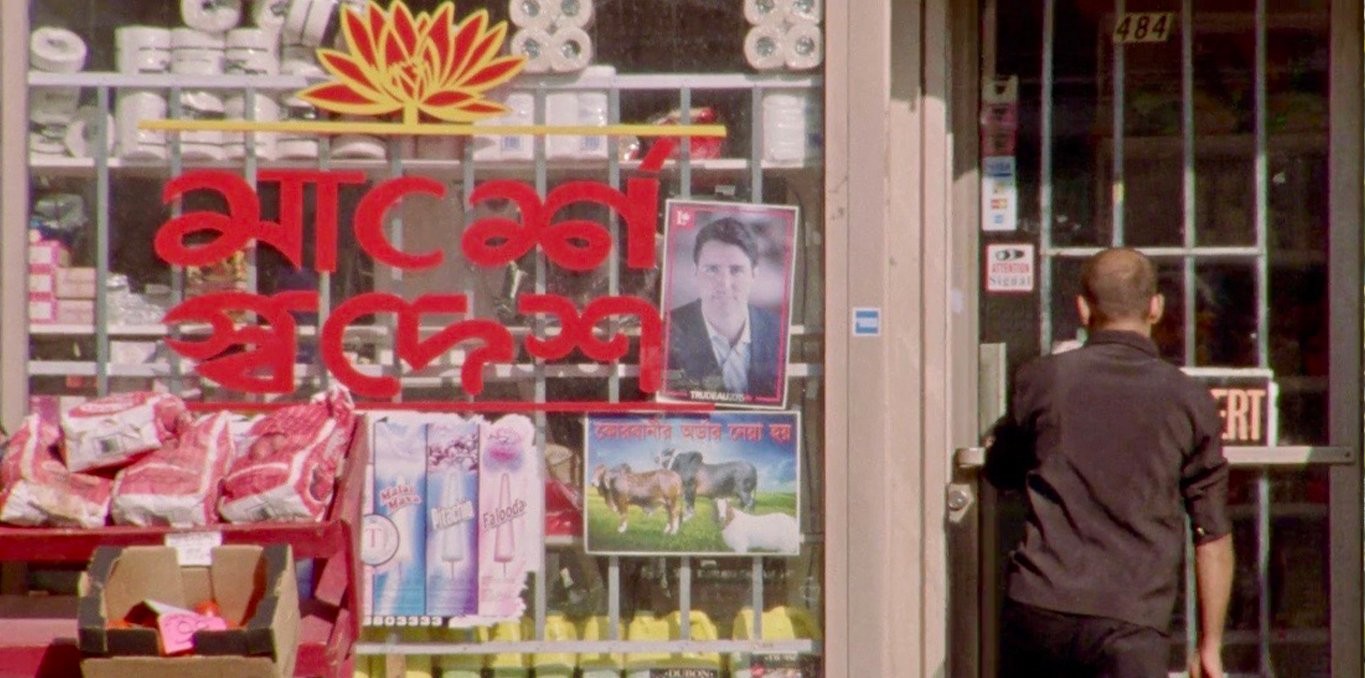
Letters to the Prime Minister
Duration: 42 minutes
Subscription access
Montreal author Marie-Célie Agnant collects stories, dreams and demands from Parc-Extension neighbours, in order to write a letter to their deputy, Justin Trudeau, then the 23rd Prime Minister of Canada.
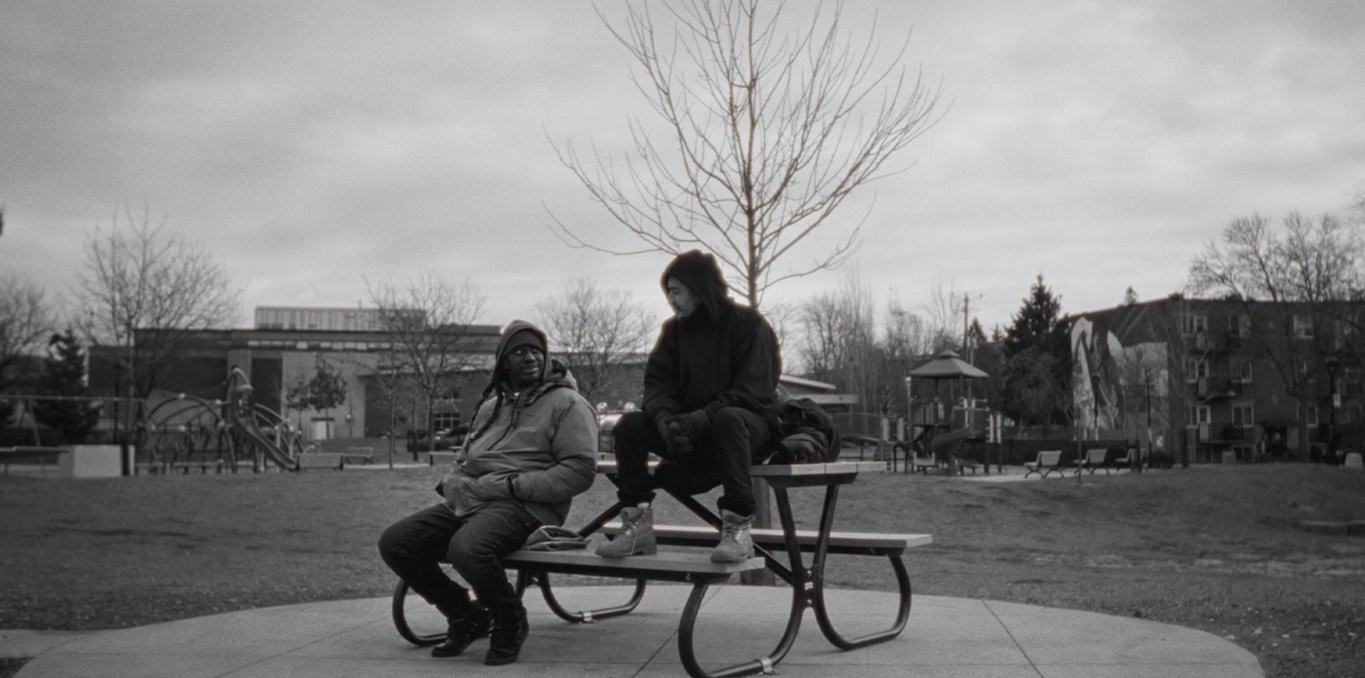
Parc-Ex The Heart of MTL
Subscription access
Every Sunday, Hudson returns to Park Extension to see his father. Along the way, he runs into his childhood friend, Baki. Together, they wander their old stomping grounds, just like when they were kids. As they walk, Hudson reminisces about how the neighbourhood shaped who he has become.
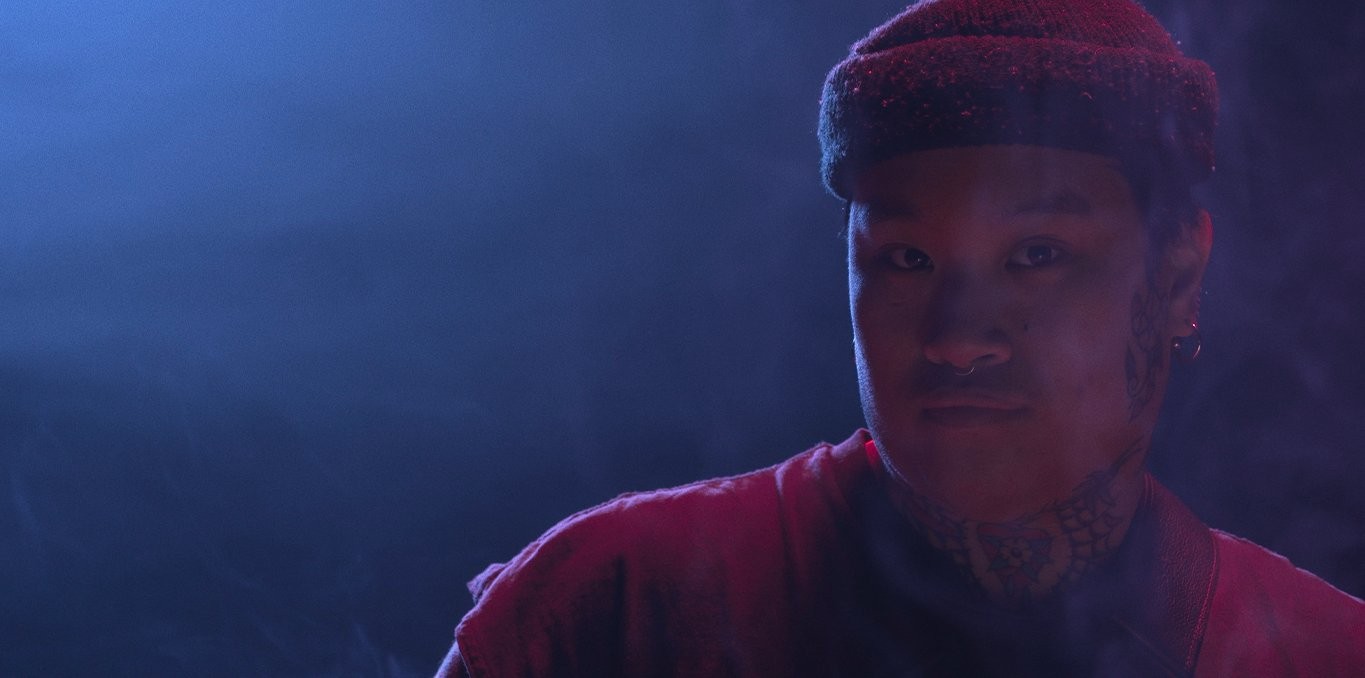
Baby Trans
Subscription access
_Baby Trans _portrays Laure\*, a gentle and intense soul. As she begins feminizing hormone therapy, Laure learns to navigate the bodily, emotional, and identity changes she experiences. (\*The main protagonist featured in the documentary has since changed her name for Laure.)
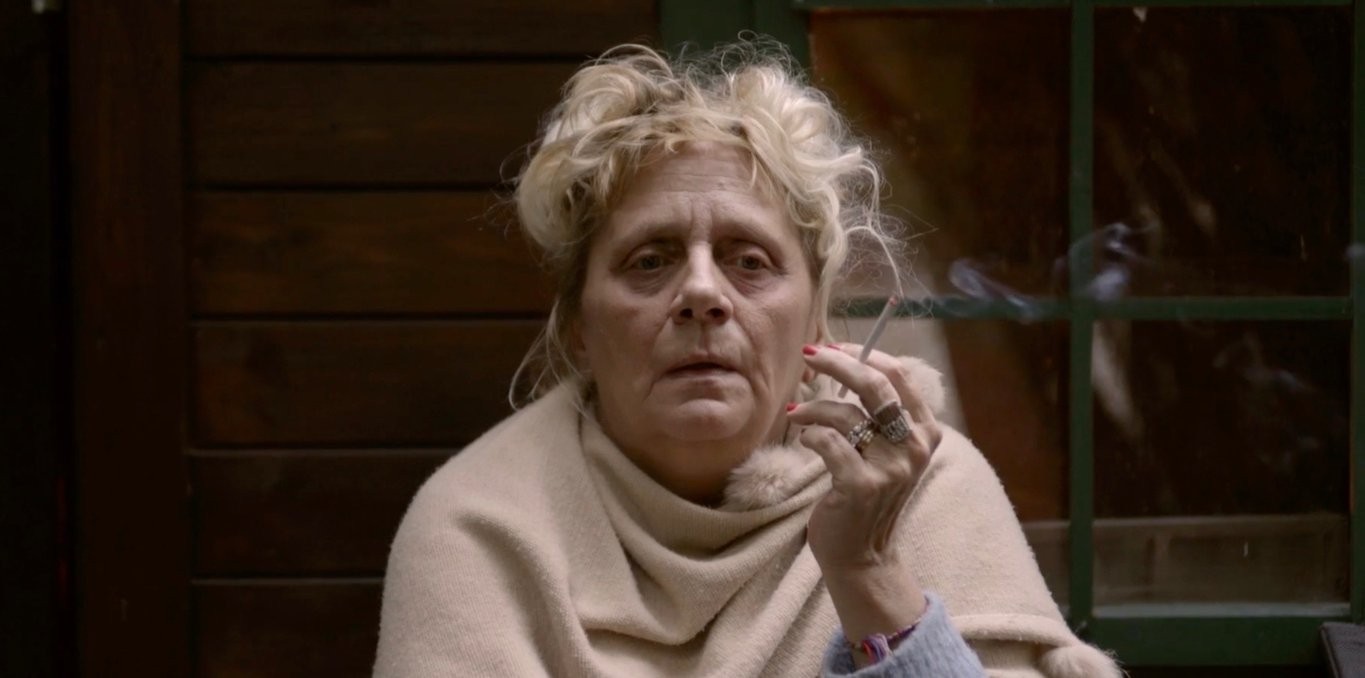
Mathilde and the Love Room
Subscription access
Puffing on super slim cigarettes, and wearing high heels, Madame Mathilde, as she's often called, is an exceptional, tireless public health nurse on a mission to help the homeless in Brussels through countless projects. Will she succeed in convincing Valérie and Mohammed to find some intimacy in her "Love Room"?
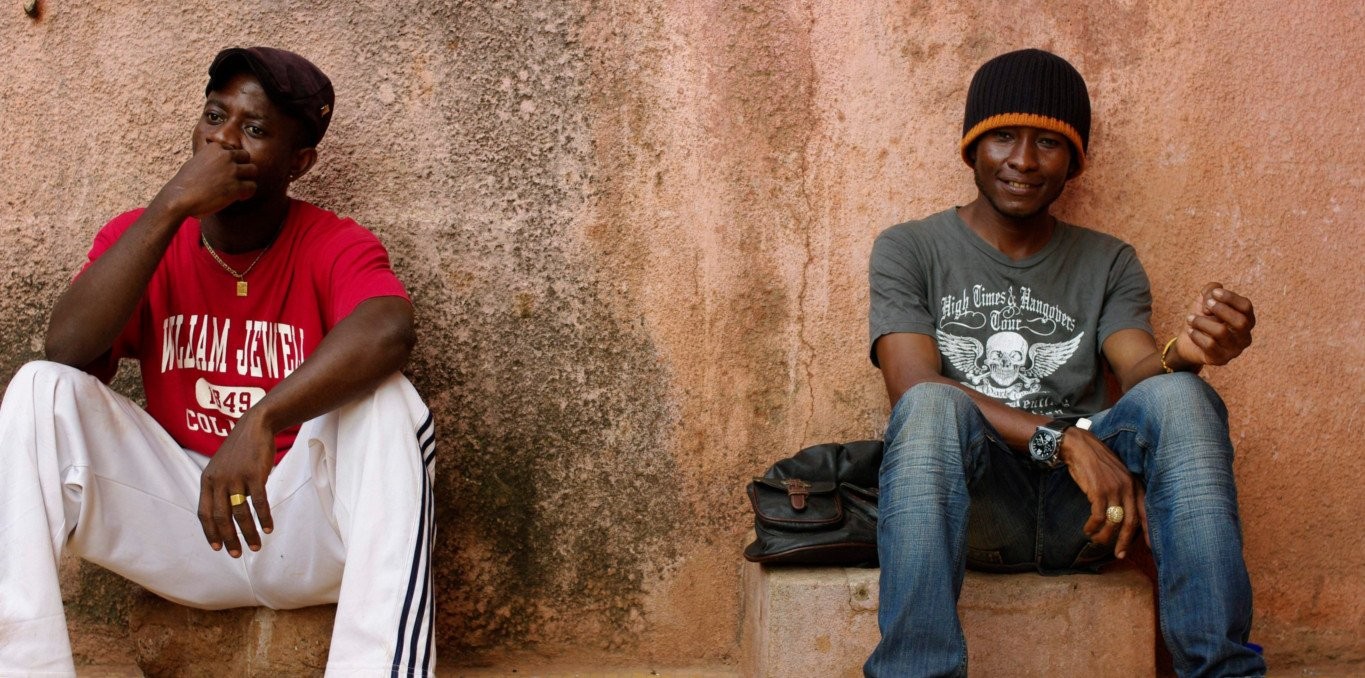
Standing on The Edge of the World
Standing on The Edge of the World
New product!Subscription access
After several failed attempts to reach Europe, César, Félou and Érik find themselves in Bamako, Mali – deported but still driven to pursue their dreams. Meanwhile Amih fights with unshakeable determination to escape a life of unfulfillment and forge a brighter future for herself and her children.
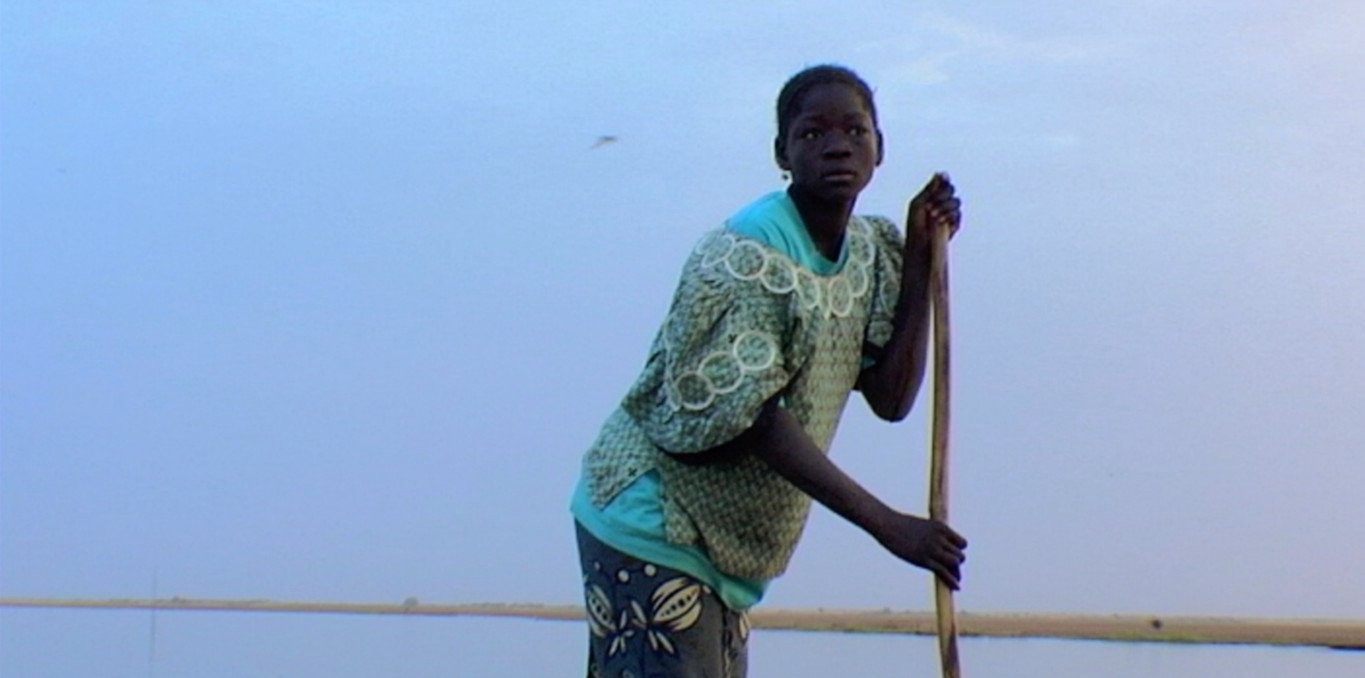
The River Where We Live
Subscription access
The interior delta of the Niger River is a vast region inhabited by a million people. A unique social, political and communal organization has developed over this territory, giving a profound meaning to living together in relation to the movement of the river. The delta is fashioned as much by the immutable alternation of the seasons as by a state of perpetual metamorphosis. A single place can...
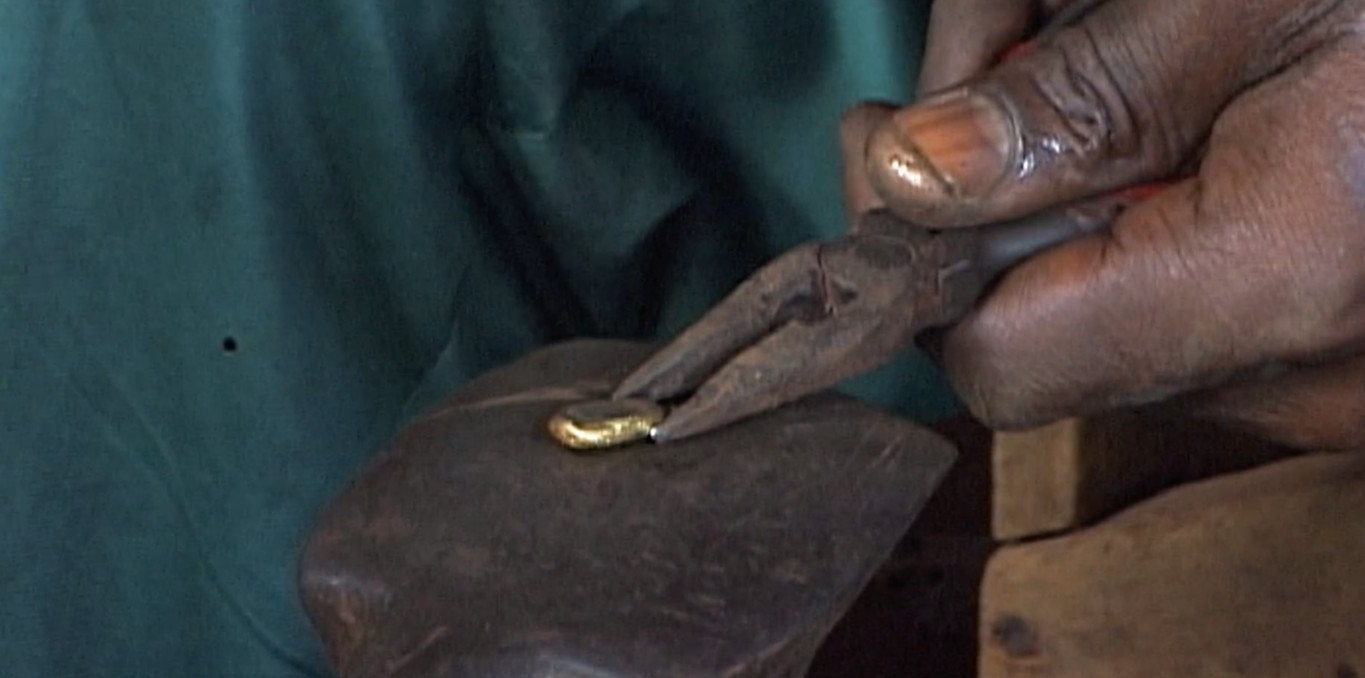
The Invisible Hand
Subscription access
The African country of Guinea contains the biggest bauxite deposits in the world. However, the profits from the extraction of this ore, which is used to produce aluminum, does not go to the Guineans. Despite this, beside the capital’s factories are all kinds of craftsmen, who melt down used aluminum cans to make new objects necessary for the lives of the community, making them into pots, bricks...
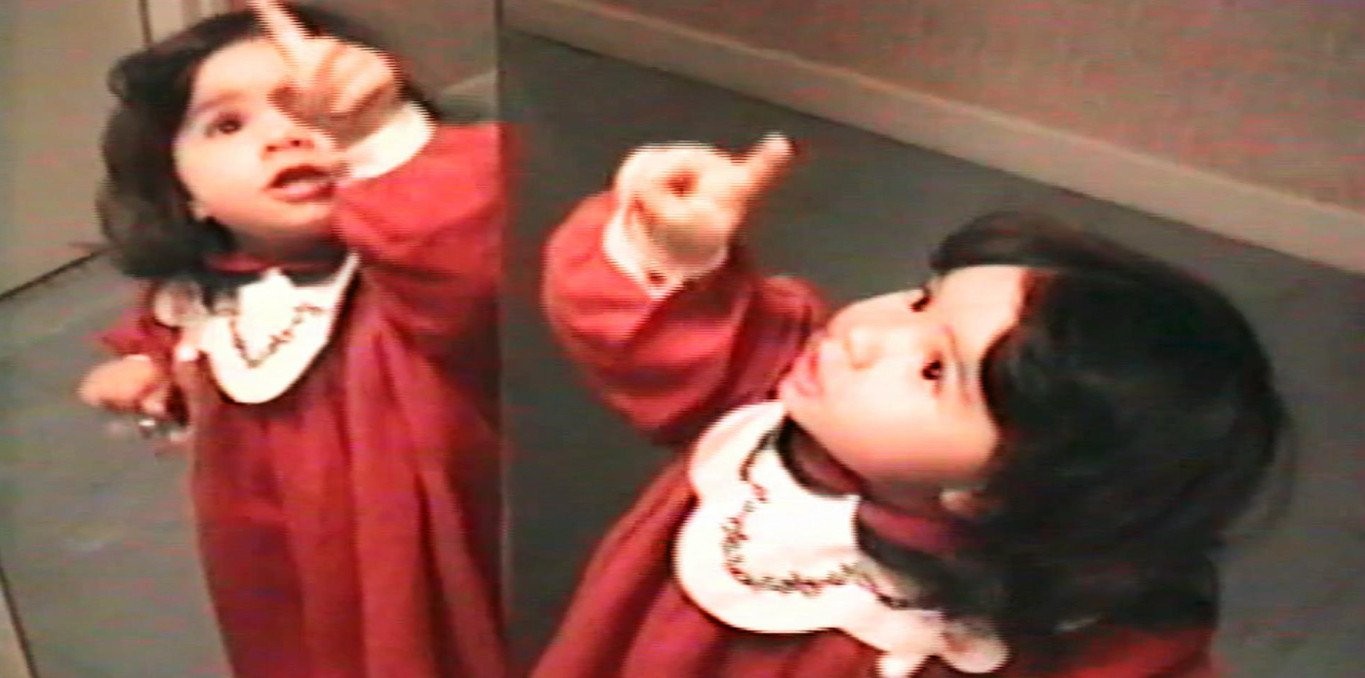
The Kettle
Subscription access
In a letter to her attacker, a young woman describes all the harm she would, in turn, inflict on him. Authenticity and violence reverse the victim-culprit relationship.
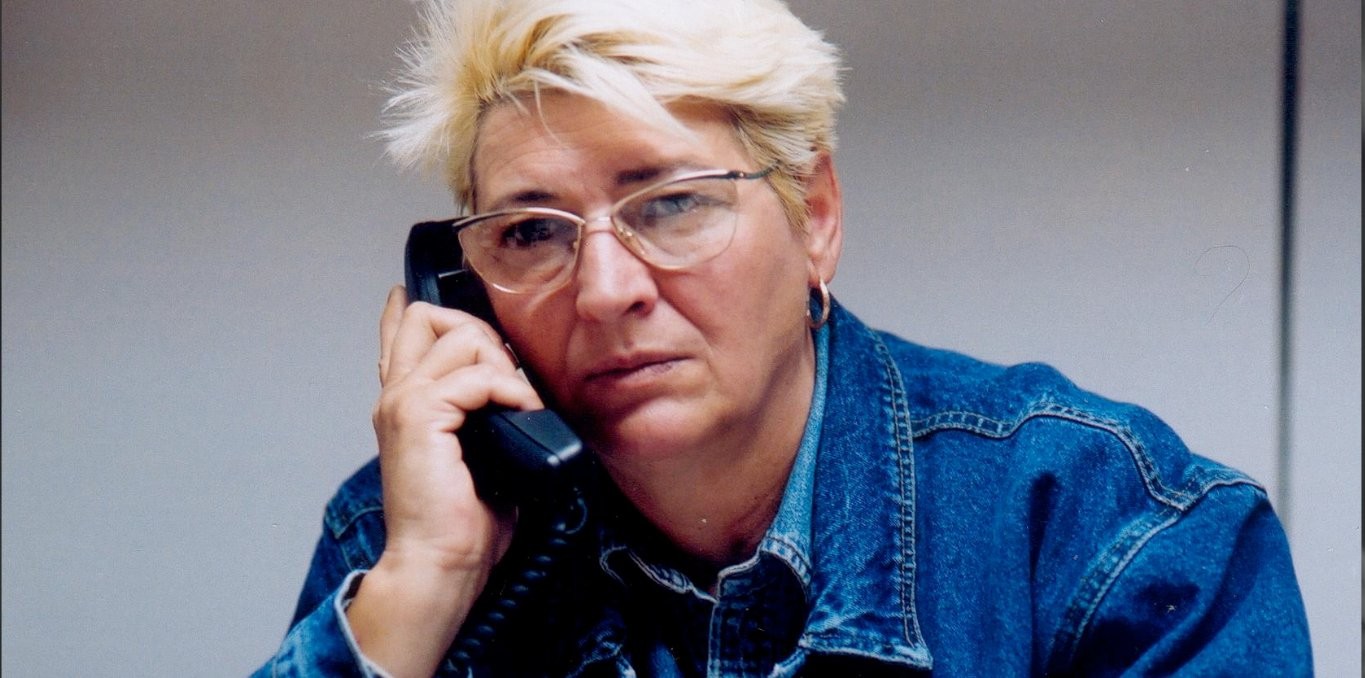
4125 Parthenais
Subscription access
A Romanian caretaker orchestrates arrivals and departures; she decides who will be allowed access to this noisy and anonymous building. Who lives at 4125 Parthenais? Primarily men, not so young anymore, most of them welfare recipients. People who have, out of frustration or by choice, withdrawn from the Capitalist society. A fallen suburbanite, a caretaker who thinks he’s an Earl, a gay Jehova’...
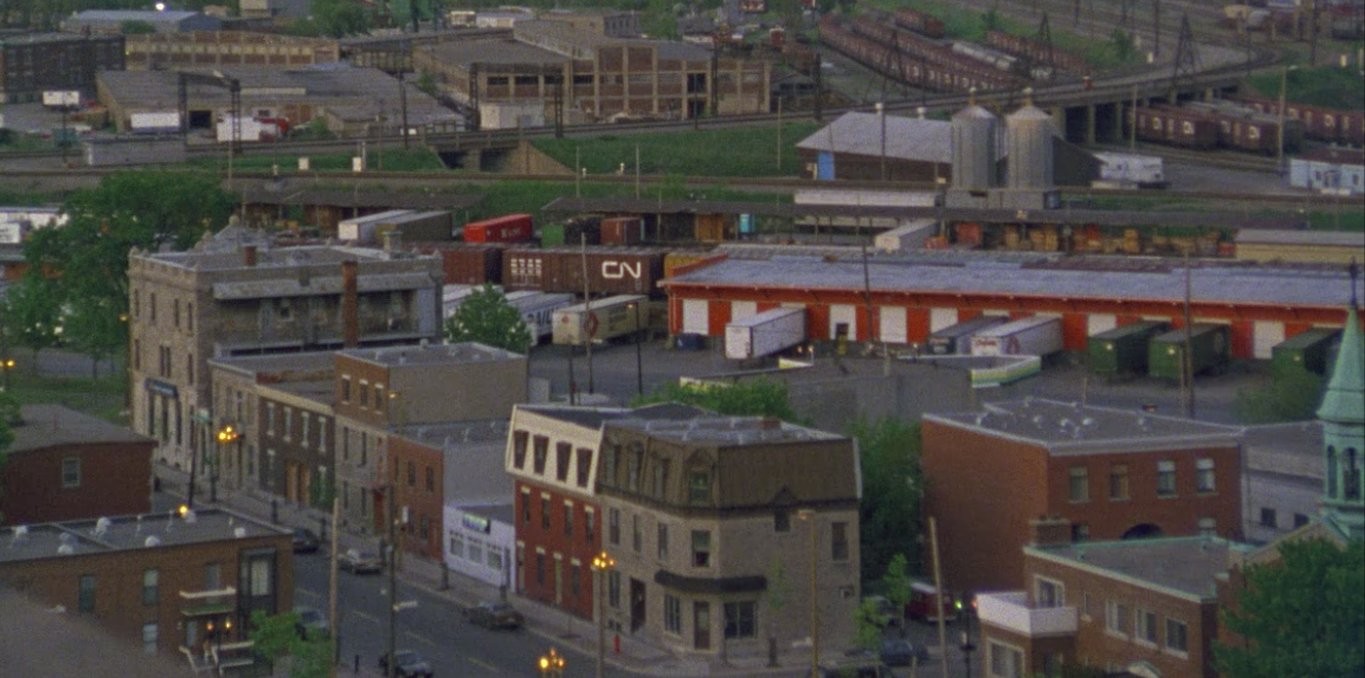
Shadows of Spring
Subscription access
Emerging from the multiple perspective of this film, a memory of a neighbourhood is recreated which tells of the fragility of working class habitats. Residents and workers from southwest Montreal recount its tragic history: The immigration and settling of the Irish in the 19th century; the expropriation of Griffintown; the destruction of Goose Village; the industrial decline of Pointe-Saint Ch...
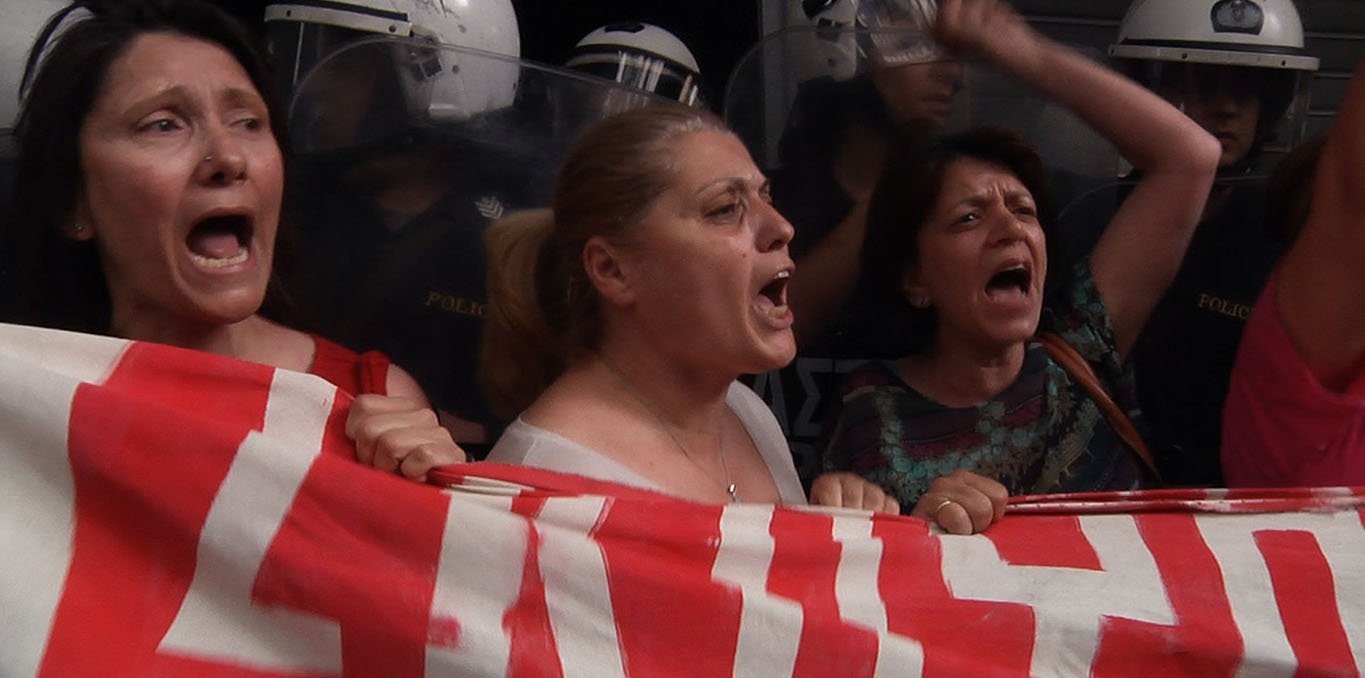
Fighting Through the Night
Subscription access
Filmed over the course of two years, \_Fighting Through the Night\_ is a long journey to the heart of Greece today. In this country thrown into torment by a totalitarian economy, institutional violence is met with stubborn resistance. Driven by both complementary and dissonant energies, the film is suffused with a desire for freedom and the rebellious power of the people it brings together. Whe...
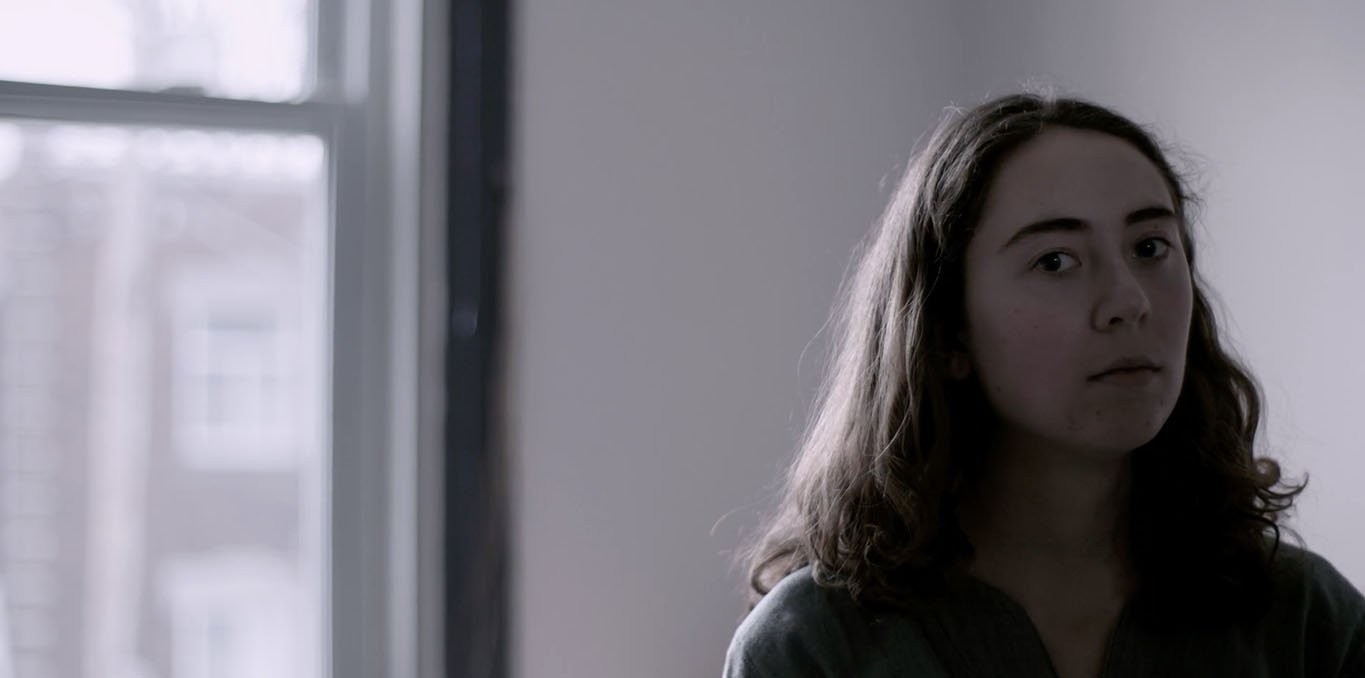
A Bird of Paper
Subscription access
Amélie-Jeanne is a 22-year-old psychiatry patient. A year after her fifth psychotic episode, she still feels the effects in her everyday life. Feeling fragile but hopeful, her health is improving thanks to the strong bond she shares with her father, who faces challenges of his own.
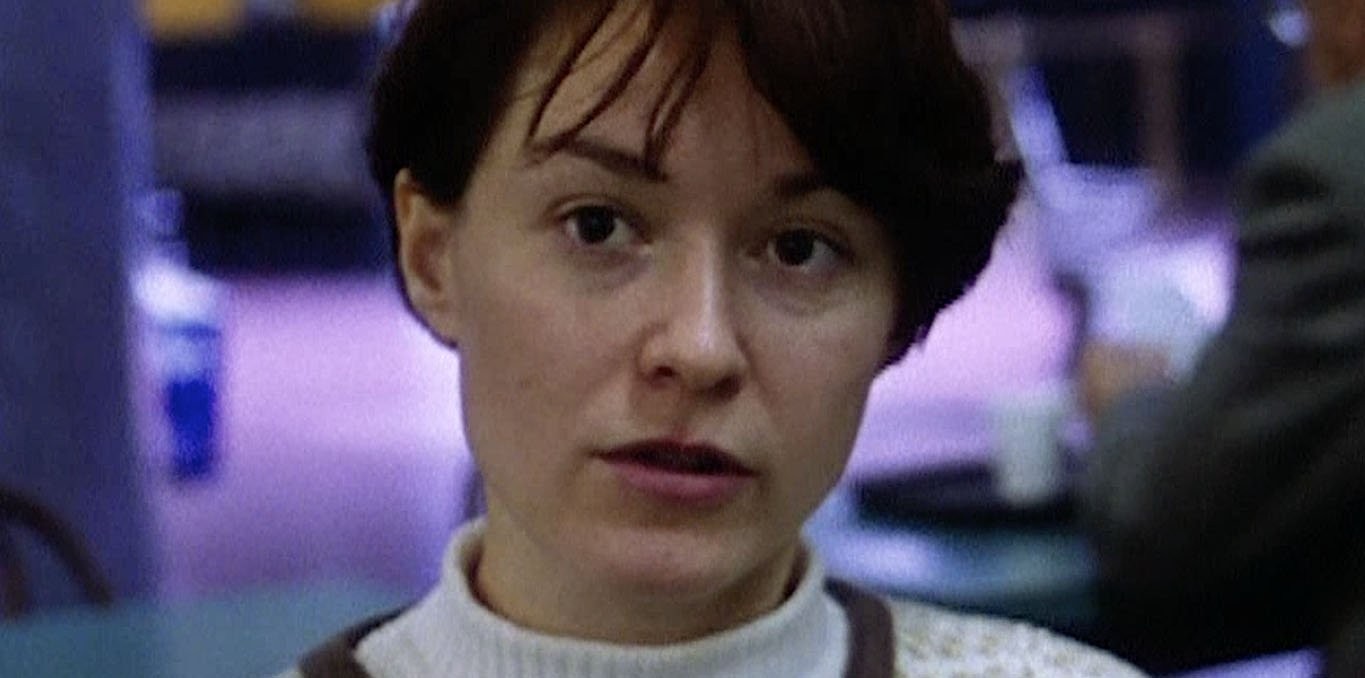
Le temps qu'il fait
Subscription access
Nestor, Lei, Pierrette, Mohamed, Hafida, Marius, Marc, Galina, Genady, Mike and Lala: through their presence, \_Le temps qu’il fait\_ weaves a mosaic of stories in which dreams and disappointments, hopes and worries intertwine with the life that is before them. In counterpoint, there are these new landscapes of financial centers, abandoned industrial spaces and wasteland from which we hear the...
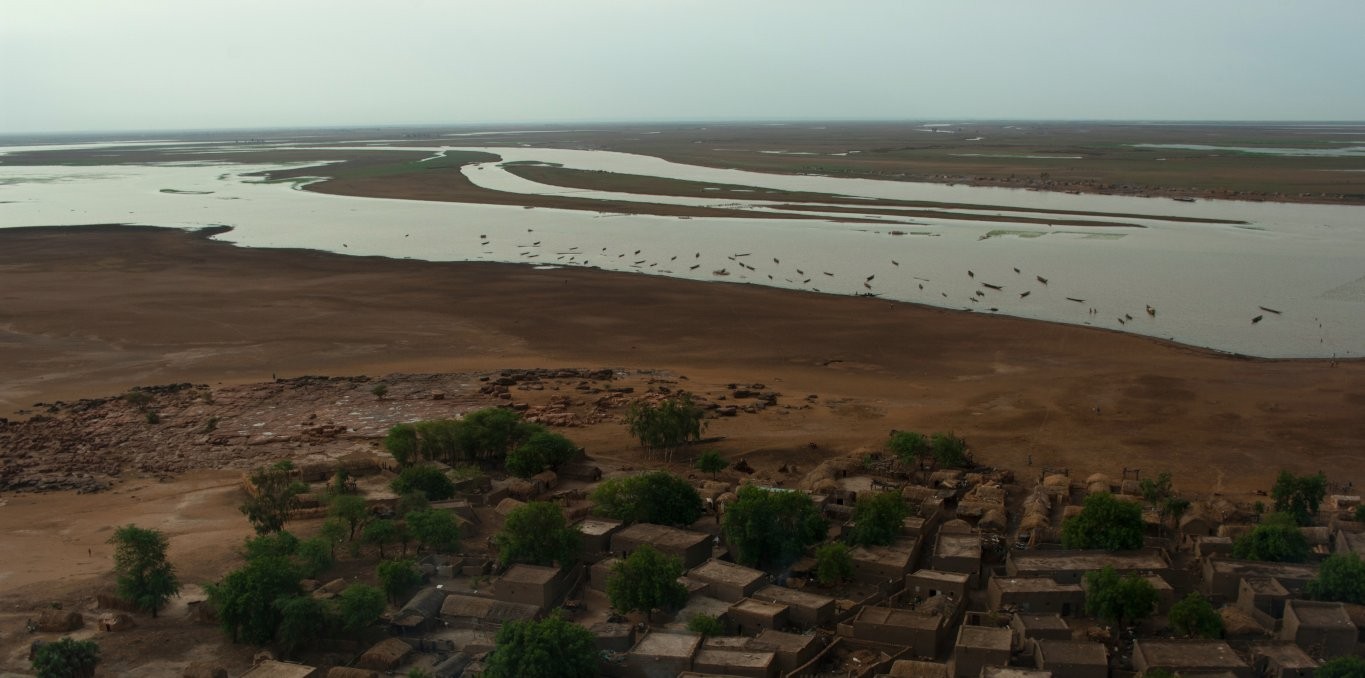
Into the Delta
Subscription access
The life of a fishing family in the inland delta of the Niger River in Mali is upended by the effects of globalization: rising fuel and staple food prices, the fishing crisis, and climate change. The film is threaded with questions about intergenerational transmission, about the relationship to history and memory in a region where traces of the beginning of things still endure.
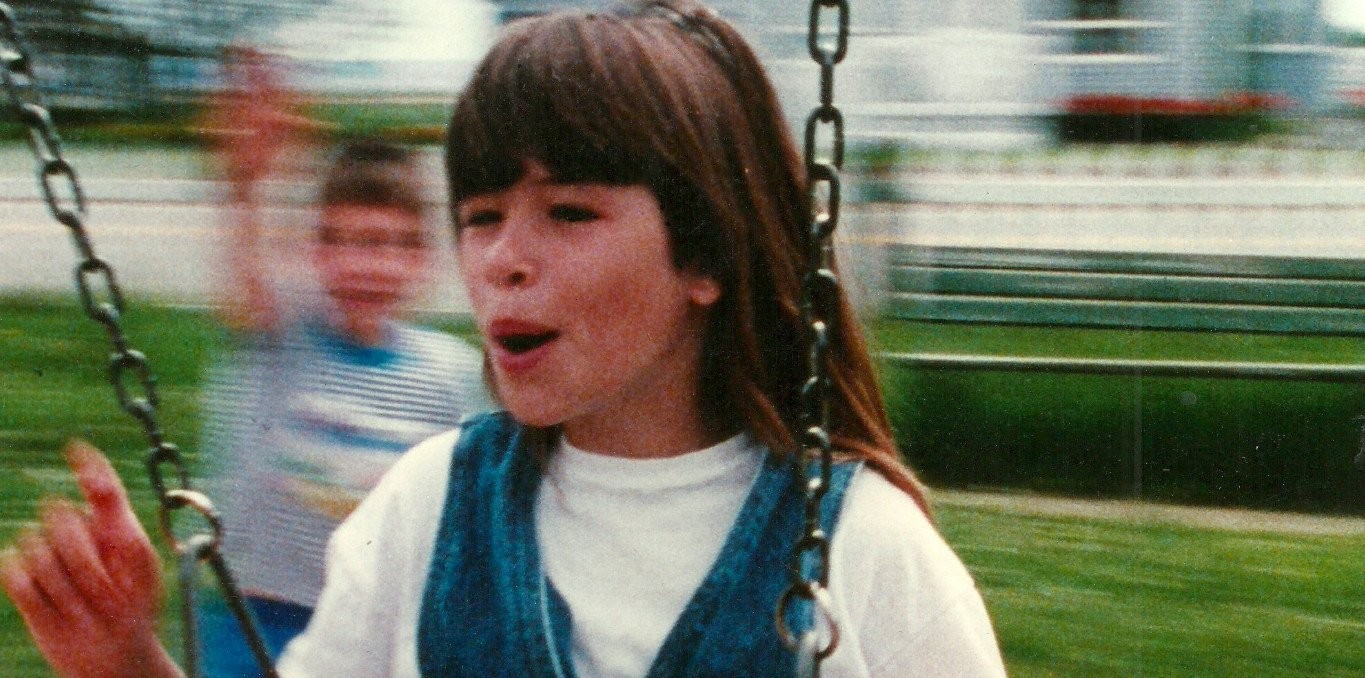
Landscape in the Mind's Eye
Subscription access
Through the eyes of children and women from different generations, this film reveals the soul of a small village on Quebec’s North Shore. Madame Kennedy shares a vital bond with the forest; Diane, faced with the hardships of her life’s journey, lifts her head high; Cathy, at 18, possesses the biting clarity of those who have had to fight. The strength and determination of each woman converge i...
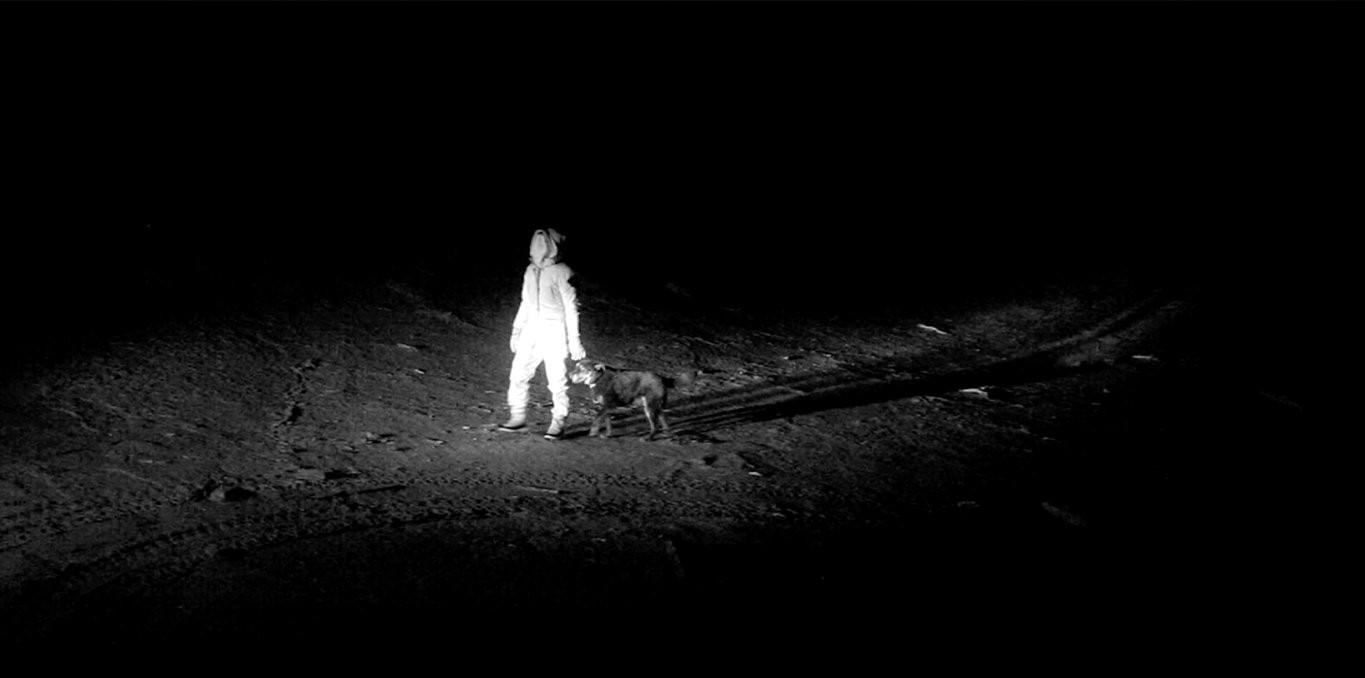
With Veiled Intent
Subscription access
On a freezing winter night, in an small, isolated village, masked figures prowl. The monsters lurk by the houses, knock on doors. You let these strangers into your home. They remain silent. They observe you. _With Veiled Intent_, a documentary horror film, or maybe an experimental fable, brings to life an endangered tradition: Mi-Carême (Mid-Lent), as it is celebrated in Natashquan. Welcome to ...
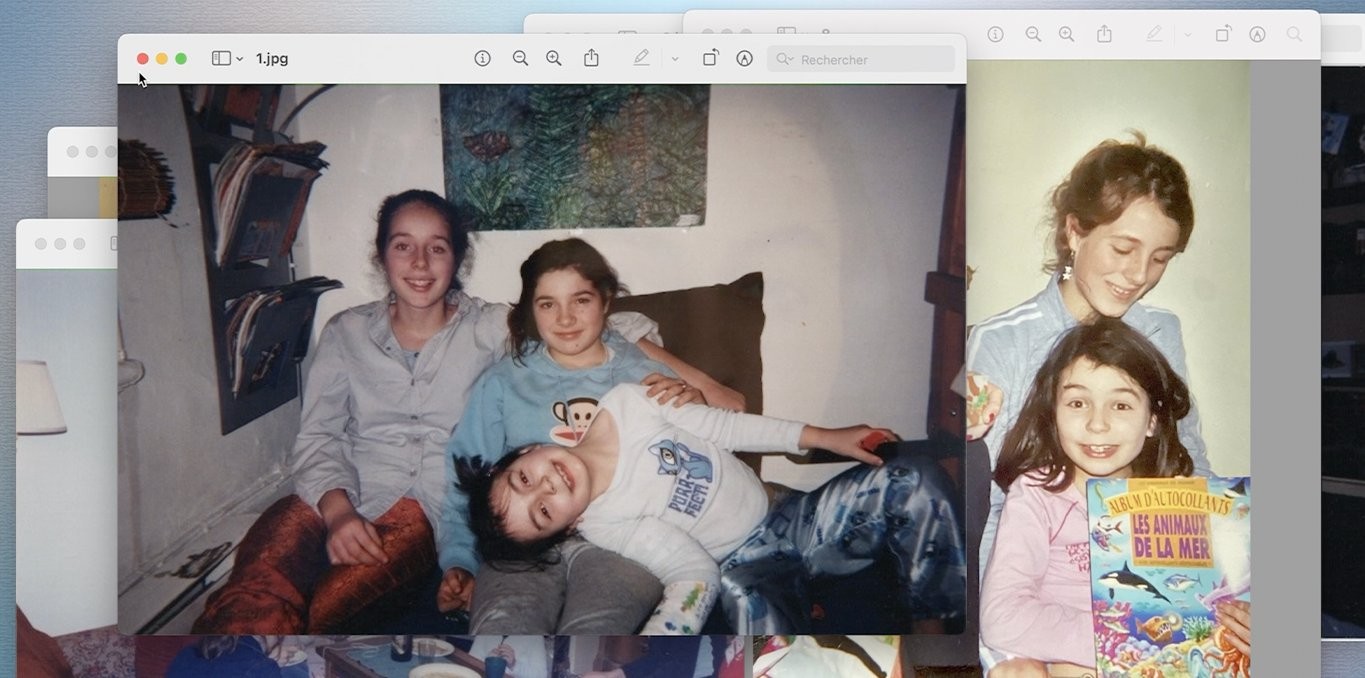
Hyperlink
Subscription access
In this intimate documentary, the filmmaker delicately examines the complex relationships that evolve, fracture, and reshape among the children of a blended family after a breakup. By pushing the boundaries of the "desktop documentary" format, she crafts a poignant and heartfelt portrait of a grief rarely acknowledged, offering a unique and compelling exploration of loss and connection.
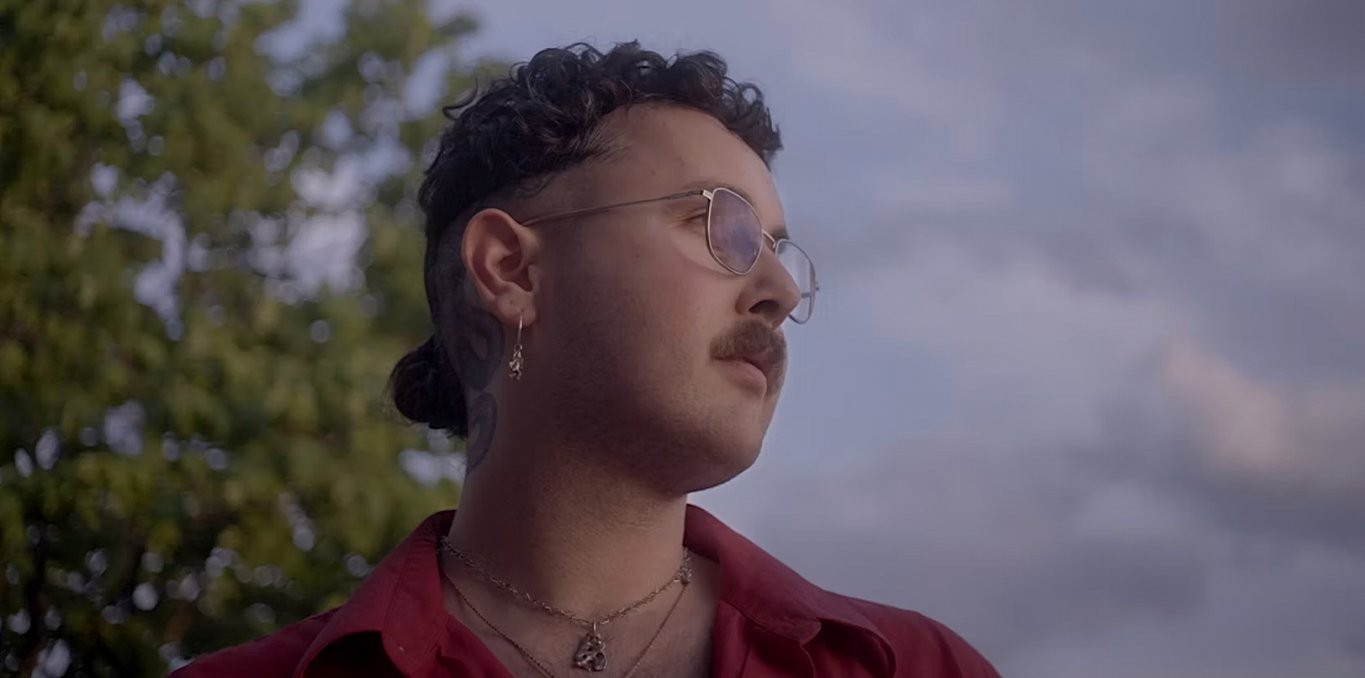
It Will Always End in the End
Subscription access
Gabriel Drolet-Maguire, a queer fashion designer living in Montréal, takes us into their artistic world to speak about their HIV diagnosis and the process of acceptance that led them to reach out to the HIV-positive community. _It Will Always End in the End_ is a timely and hopeful look at past and present day HIV activism in Quebec.

Letters to the Prime Minister
Duration: 42 minutes
Subscription access
Montreal author Marie-Célie Agnant collects stories, dreams and demands from Parc-Extension neighbours, in order to write a letter to their deputy, Justin Trudeau, then the 23rd Prime Minister of Canada.

Parc-Ex The Heart of MTL
Subscription access
Every Sunday, Hudson returns to Park Extension to see his father. Along the way, he runs into his childhood friend, Baki. Together, they wander their old stomping grounds, just like when they were kids. As they walk, Hudson reminisces about how the neighbourhood shaped who he has become.

Baby Trans
Subscription access
_Baby Trans _portrays Laure\*, a gentle and intense soul. As she begins feminizing hormone therapy, Laure learns to navigate the bodily, emotional, and identity changes she experiences. (\*The main protagonist featured in the documentary has since changed her name for Laure.)

Mathilde and the Love Room
Subscription access
Puffing on super slim cigarettes, and wearing high heels, Madame Mathilde, as she's often called, is an exceptional, tireless public health nurse on a mission to help the homeless in Brussels through countless projects. Will she succeed in convincing Valérie and Mohammed to find some intimacy in her "Love Room"?

Standing on The Edge of the World
Standing on The Edge of the World
New product!Subscription access
After several failed attempts to reach Europe, César, Félou and Érik find themselves in Bamako, Mali – deported but still driven to pursue their dreams. Meanwhile Amih fights with unshakeable determination to escape a life of unfulfillment and forge a brighter future for herself and her children.

The River Where We Live
Subscription access
The interior delta of the Niger River is a vast region inhabited by a million people. A unique social, political and communal organization has developed over this territory, giving a profound meaning to living together in relation to the movement of the river. The delta is fashioned as much by the immutable alternation of the seasons as by a state of perpetual metamorphosis. A single place can...

The Invisible Hand
Subscription access
The African country of Guinea contains the biggest bauxite deposits in the world. However, the profits from the extraction of this ore, which is used to produce aluminum, does not go to the Guineans. Despite this, beside the capital’s factories are all kinds of craftsmen, who melt down used aluminum cans to make new objects necessary for the lives of the community, making them into pots, bricks...

The Kettle
Subscription access
In a letter to her attacker, a young woman describes all the harm she would, in turn, inflict on him. Authenticity and violence reverse the victim-culprit relationship.

4125 Parthenais
Subscription access
A Romanian caretaker orchestrates arrivals and departures; she decides who will be allowed access to this noisy and anonymous building. Who lives at 4125 Parthenais? Primarily men, not so young anymore, most of them welfare recipients. People who have, out of frustration or by choice, withdrawn from the Capitalist society. A fallen suburbanite, a caretaker who thinks he’s an Earl, a gay Jehova’...

Shadows of Spring
Subscription access
Emerging from the multiple perspective of this film, a memory of a neighbourhood is recreated which tells of the fragility of working class habitats. Residents and workers from southwest Montreal recount its tragic history: The immigration and settling of the Irish in the 19th century; the expropriation of Griffintown; the destruction of Goose Village; the industrial decline of Pointe-Saint Ch...

Fighting Through the Night
Subscription access
Filmed over the course of two years, \_Fighting Through the Night\_ is a long journey to the heart of Greece today. In this country thrown into torment by a totalitarian economy, institutional violence is met with stubborn resistance. Driven by both complementary and dissonant energies, the film is suffused with a desire for freedom and the rebellious power of the people it brings together. Whe...

A Bird of Paper
Subscription access
Amélie-Jeanne is a 22-year-old psychiatry patient. A year after her fifth psychotic episode, she still feels the effects in her everyday life. Feeling fragile but hopeful, her health is improving thanks to the strong bond she shares with her father, who faces challenges of his own.

Le temps qu'il fait
Subscription access
Nestor, Lei, Pierrette, Mohamed, Hafida, Marius, Marc, Galina, Genady, Mike and Lala: through their presence, \_Le temps qu’il fait\_ weaves a mosaic of stories in which dreams and disappointments, hopes and worries intertwine with the life that is before them. In counterpoint, there are these new landscapes of financial centers, abandoned industrial spaces and wasteland from which we hear the...

Into the Delta
Subscription access
The life of a fishing family in the inland delta of the Niger River in Mali is upended by the effects of globalization: rising fuel and staple food prices, the fishing crisis, and climate change. The film is threaded with questions about intergenerational transmission, about the relationship to history and memory in a region where traces of the beginning of things still endure.

Landscape in the Mind's Eye
Subscription access
Through the eyes of children and women from different generations, this film reveals the soul of a small village on Quebec’s North Shore. Madame Kennedy shares a vital bond with the forest; Diane, faced with the hardships of her life’s journey, lifts her head high; Cathy, at 18, possesses the biting clarity of those who have had to fight. The strength and determination of each woman converge i...

With Veiled Intent
Subscription access
On a freezing winter night, in an small, isolated village, masked figures prowl. The monsters lurk by the houses, knock on doors. You let these strangers into your home. They remain silent. They observe you. _With Veiled Intent_, a documentary horror film, or maybe an experimental fable, brings to life an endangered tradition: Mi-Carême (Mid-Lent), as it is celebrated in Natashquan. Welcome to ...

Hyperlink
Subscription access
In this intimate documentary, the filmmaker delicately examines the complex relationships that evolve, fracture, and reshape among the children of a blended family after a breakup. By pushing the boundaries of the "desktop documentary" format, she crafts a poignant and heartfelt portrait of a grief rarely acknowledged, offering a unique and compelling exploration of loss and connection.

It Will Always End in the End
Subscription access
Gabriel Drolet-Maguire, a queer fashion designer living in Montréal, takes us into their artistic world to speak about their HIV diagnosis and the process of acceptance that led them to reach out to the HIV-positive community. _It Will Always End in the End_ is a timely and hopeful look at past and present day HIV activism in Quebec.

